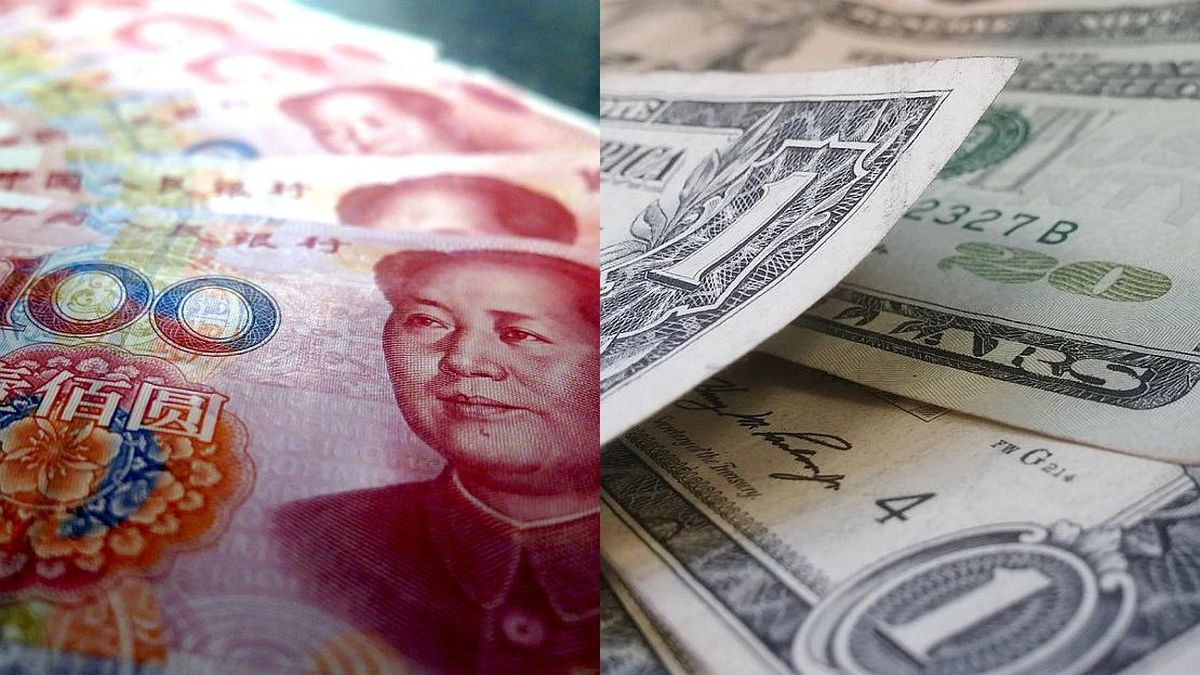Similarly, Chinese non-manufacturing activity grew at a faster pace in February, while last month’s Caixin/S&P Global Manufacturing PMI reading also beat market expectations.
“The market is really responding to some of the data out of the United States”said Amo Sahota, managing director of forex advisory firm Klarity FX in San Francisco. “Notable today was the outperformance in some commodity currencies. The market is reading the PMI data from China. That was a very strong report and it shows that China is coming back strong,” he added.
The euro rose 0.8% to $1,066, boosted by the German inflation report. Traders said there is a large options expiration on Friday at $1.07 per euro, meaning there is more room for upside gains in the single European currency.
German consumer prices, harmonized for comparison with other European Union countries, rose more than expected and expectations for rate hikes from the European Central Bank increased, after data suggested that persistent pressures on costs were not going to remit.
Figures released on Tuesday showed accelerating inflation in France and Spain, two of the biggest economies in the euro zone.
Against a basket of currencies, the dollar index lost 0.5% to 104.42. While the British pound was little changed on the day at $1.2016.
The greenback also added losses after data showed US manufacturing activity contracted for a fourth straight month in February.
Besides, The dollar was almost unchanged against the Japanese yen at 136.20 yenafter the US currency rose nearly 5% in February, its biggest monthly gain since June.
The “onshore” yuan closed the local session at 6.8854 units per dollar, the strongest close since February 21, while the “offshore” improved 1%, to 6.8811, its highest daily rise since the end of November.
New Zealand’s currency, the kiwi, rose 1% to $0.6248, while its Aussie pair gained 0.4% to $0.6752, reversing a two-month low on disappointing domestic economic data. Antipodean currencies are often used as liquid substitutes for the yuan.
Source: Ambito
I am a 24-year-old writer and journalist who has been working in the news industry for the past two years. I write primarily about market news, so if you’re looking for insights into what’s going on in the stock market or economic indicators, you’ve come to the right place. I also dabble in writing articles on lifestyle trends and pop culture news.




